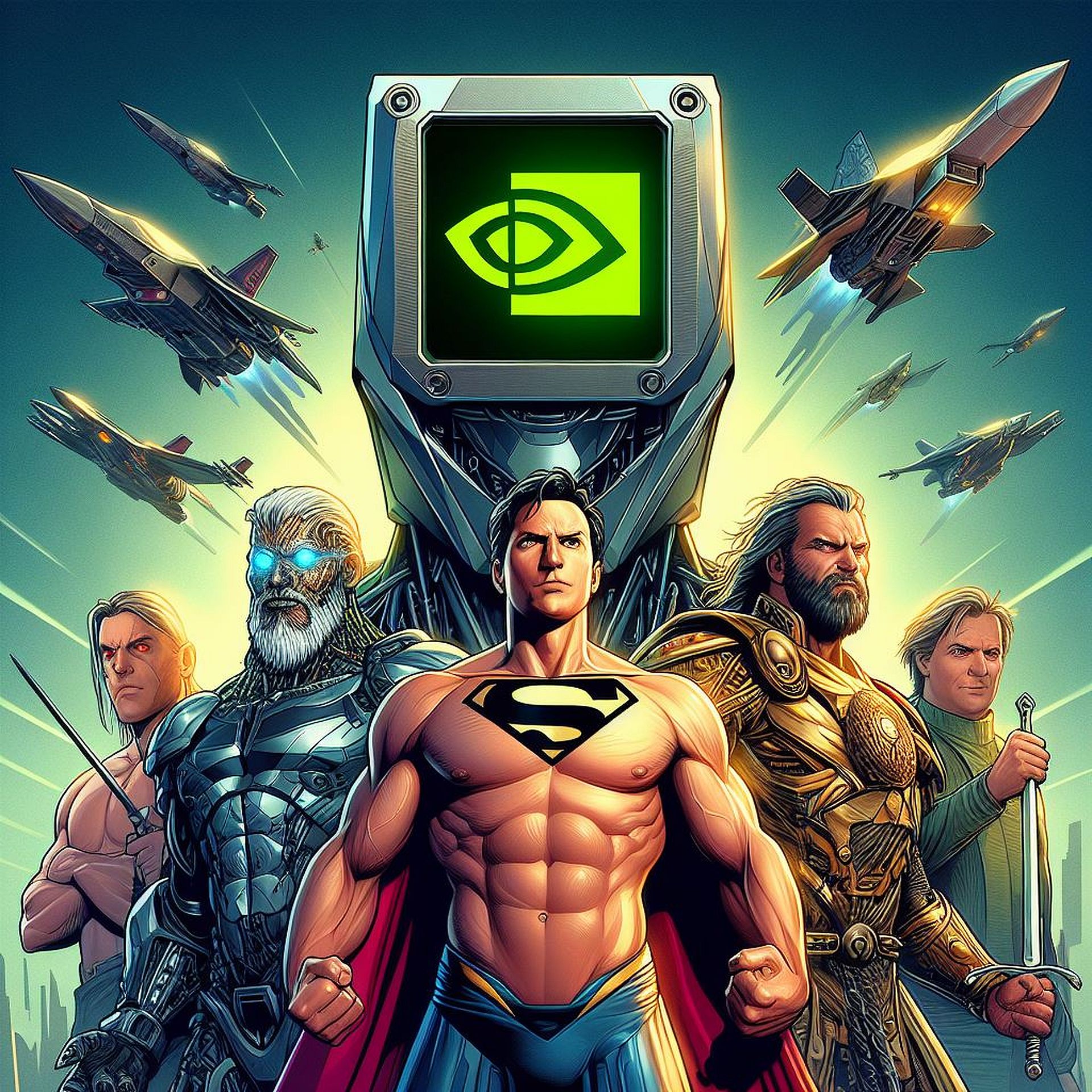NVIDIA has long been a major player, especially known for its powerful GPUs driving advancements in AI. However, according to reports, other tech giants want to stop this rise with a new union: the Unified Acceleration Foundation (UXL).
Made up of big tech companies like Intel, Google, Arm, Qualcomm, and Samsung, UXL has one goal: to shake things up and give AI developers more freedom. Right now, many developers feel stuck using Nvidia’s special software, which only works with Nvidia’s chips. UXL wants to change that by creating a new software suite that’s open to everyone. So can they achieve this? Let’s get to know UXL better first.
The Unified Acceleration Foundation’s challenge to NVIDIA’s dominance
The Unified Acceleration Foundation (UXL) is a group of big tech companies that work together, such as Intel, Google, Arm, Qualcomm, and Samsung. Their main goal is to create software that gives AI developers more freedom and challenge Nvidia. Right now, many developers feel stuck using NVIDIA’s special software, which only works with NVIDIA’s chips. UXL wants to change that by making an open-source software suite.

This suite will let developers write code that can run on any machine, not just ones with NVIDIA chips. It’s like giving developers more options so they’re not tied down to one company’s technology. This is a big deal because NVIDIA is the top dog in AI hardware, with powerful GPUs like the B200 and GB200. But this also means that developers have to use Nvidia’s tools, like CUDA, which limits their choices.
UXL’s solution, called the OneAPI open standard, is being developed by Intel. It’s meant to make programming easier by getting rid of the need for specific coding languages and tools. By doing this, developers can work on different types of hardware without having to learn new things each time.
While UXL is starting with AI and high-performance computing, they plan to support NVIDIA’s hardware too. They’re also reaching out to other companies like Microsoft and Amazon to make sure their software works well with different chips and systems. Microsoft, even though they’re not part of UXL, is rumored to be working with AMD to make AI chips that could compete with Nvidia’s.
Overall, UXL wants to make AI development more open and flexible, so developers have more choices and can work with different technologies easily. They’re aiming to create a more collaborative and competitive environment in a tech world where NVIDIA rules right now.
All images generated by Eray Eliaçık/Bing





